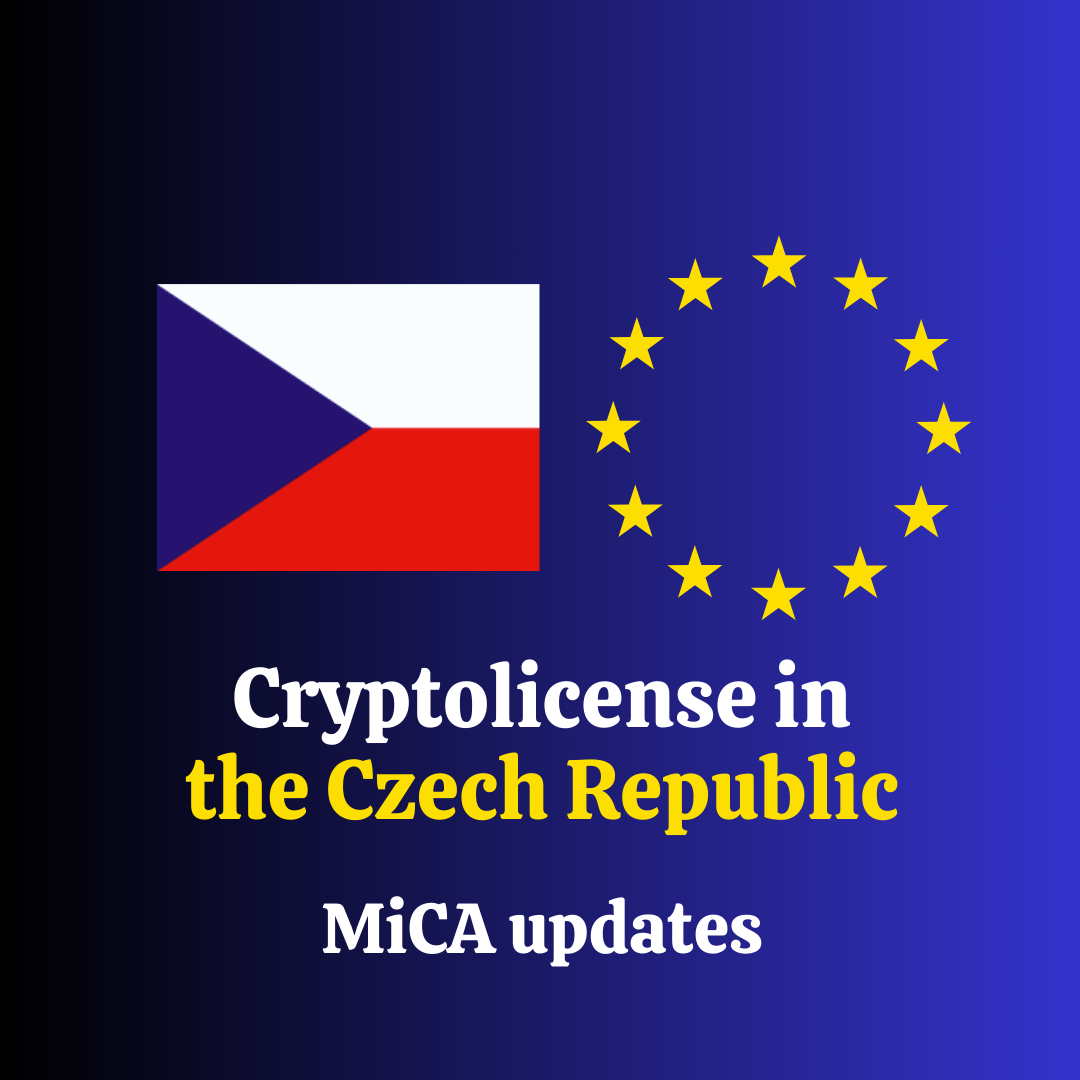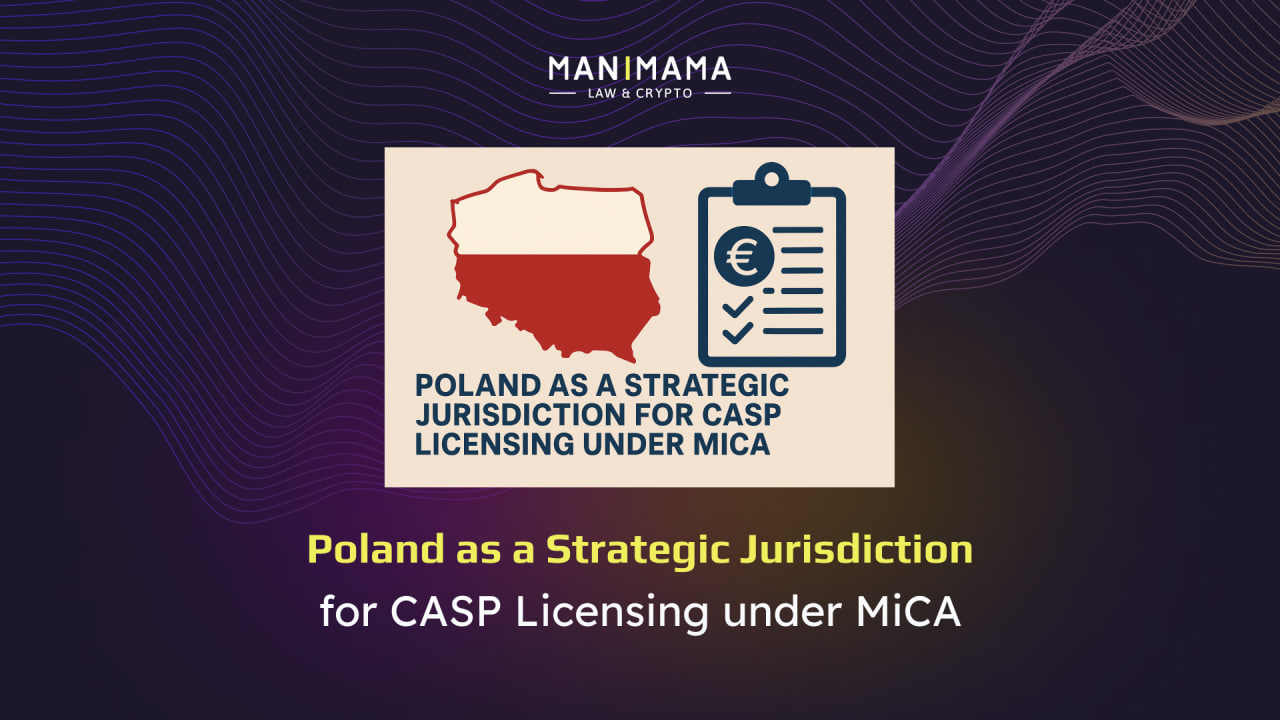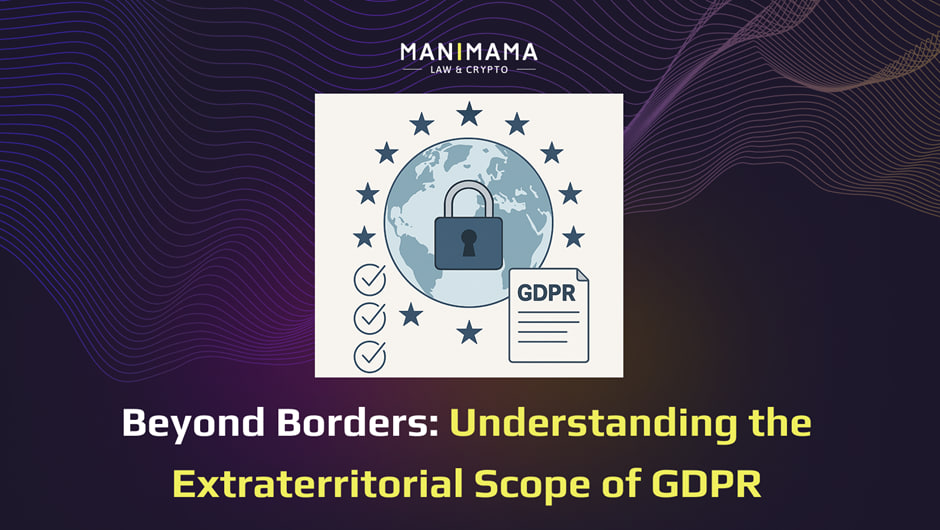Manimama's experts are well versed in the complexities of cryptocurrency regulation and are committed to sharing their findings with businesses and individuals navigating this dynamic sector
Indeed, our legal team recently finalized a comprehensive study on the national implementation of the Markets in Crypto-assets Regulation (MiCA) in various EU countries. The legal research not only highlights the differences in how MiCA is adopted at the national level, but also offers standard rules for compliance. Today we offer you an insight into the specifics of obtaining a cryptocurrency license in the Czech Republic under the new MiCA provisions.
Current requirements (prior to MiCA implementation)
In order to obtain a license and work in the Czech Republic as a VASP, a number of mandatory requirements must be met:
– registration as a legal entity, opening a physical office and authorized capital (minimum 1 Czech crown for limited liability companies (S.R.O.));
– documentation must be prepared in accordance with the requirements of the regulator, as well as the acquiring bank in which the account will be opened;
– provide jobs for official employees and directors who have experience and education in the field of financial activity;
– develop a business plan and description of software and hardware (with translation into Czech);
– develop an AML/KYC policy, risk control and monitoring rules;
– submit a package of documents to the regulatory body;
– pay the state duty;
– the owners and directors of the company must have an impeccable reputation and have no criminal record;
– at least two managers in the company.
Has the jurisdiction enacted a law/draft law implementing MiCA?
Draft Bill Návrh zákona, kterým se mění některé zákony v souvislosti s implementací předpisů Evropské unie v oblasti digitálních financí a financování udržitelnosti
Who is the regulator under the law/draft law implementing MiCA?
Česká Národní Banka (“ČNB”) (issues a permit)
Requirements for future CASPs stipulated by the national legislation implementing MiCA, the presence of national peculiarities
Meets the requirements set forth in MiCAR.
An administrative fee of 813 EUR or 2033 EUR (depending on the type of activity) will be required to apply for a CASP permit.
The period of time by which the CASP must comply with the new requirements, as well as the procedure for notifying the regulator of compliance with the new requirements
The relevant provisions have not yet been adopted
Is there a transition period before the full implementation of MiCA?
During a limited period of time, it will be possible to provide services on the basis of an existing trade license, but what period this will be has not yet been determined by the legislator.
The draft law relies on the provisions of the MiCA in the terms of entry into force of the provisions of the law: Sections III and IV of the MiCA Regulation will apply from 30 June 2024, and accordingly the national laws that will be amended in accordance with the MiCA, other provisions and corresponding changes in the national legislation will apply apply from December 30, 2024.
The ability of a CASP from a jurisdiction with a transition period to operate freely in a jurisdiction without a transition period starting from January 1, 2025.
The relevant provisions have not yet been adopted
Liability provided for CASPs that continue to operate at the place of registration without meeting the new requirements
Currently, there is no specific liability for violation of CASP registration deadlines.
Manimama Law Firm provides a gateway for the companies operating as the virtual asset wallet and exchange providers allowing to enter to the markets legally. We are ready to offer an appropriate support in obtaining a license with lower founding and operating costs. We offer KYC/AML launch, support in risk assessment, legal services, legal opinions, advice on general data protection provisions, contracts and all necessary legal and business tools to start business of virtual asset service provider.
The content of this article is intended to provide a general guide to the subject matter, not to be considered as a legal consultation.











